Are ADHD and Obesity Related?
Posted on September 29, 2010 by Debra Burdick
Today, parents have an increased awareness of the epidemic of childhood obesity. Do parents of an ADD / ADHD child need to have special concern? Should adults with obesity wonder if they have ADD/ADHD?
New research is showing a link between obesity and ADHD. With the health risks involved with childhood and adult obesity, identifying children and adults who have an increased likelihood of being obese is extremely important.
According to Carolyn Dukarm, MD, the founder and director of  the Center for Eating Disorders, which specializes in the overlap between disordered eating symptoms and attention problems, people with ADHD are prone to obesity.
the Center for Eating Disorders, which specializes in the overlap between disordered eating symptoms and attention problems, people with ADHD are prone to obesity.
Research published in the July 2008 issue of Pediatrics finds that children and adolescents with ADD/ADHD who do not currently take stimulant medications are at increased risk for being overweight. Earlier studies on children and adolescents, such as the one published in January 2007 at The Royal Alexandra Hospital for Children, also found a correlation between ADHD and obesity. Those researchers reported that ADHD should be assessed and proper treatment should be offered when treating youngsters with obesity.
A study recently published in the journal Eating and Weight Disorders, explored why some adults have difficulty staying on weight loss programs. The researchers at the Centre of Addiction and Mental Health and the University of Toronto (Canada) administered ADHD tests to 75 women who had been referred to an obesity clinic and identified as severely obese. Compared to the general population, the researchers found that 26.6% of the obese subjects were classified as having ADHD, whereas in the general population, 3-5% of adults are known to have ADHD. The researchers found the statistics significant.
Although studies are showing a link between obesity and ADHD, whether it is a cause-and-effect association is unclear. Either way, this study’s findings reinforce the importance of increasing parents’ (especially those with ADHD children) and adults’ (with ADHD) awareness and education about the importance of a healthy, nutritious diet. A healthy diet, regular exercise and physical outdoor play are major ways to help prevent childhood (and subsequent adult) weight problems.
Dr. Dukarm reported that ADHD and eating disorders tend to cause individuals to be disconnected from their internal cues. Those with ADD are easily distracted and may miss a meal; then, they feel ravenous and are at risk for binge eating. Hunger and satiety cues are often misinterpreted. Restricting eating when hungry, and binge eating beyond fullness, temporarily destroy the communication between the stomach and the brain. Scheduling meals can help with this, but for people with ADHD the task of scheduling meals can be challenging.
Impulsivity, distractibility, and poor attention and organizational skills that are hallmarks of ADHD can result in impulsive binge eating, a tendency to be distracted by thoughts of food and body image, and difficulty following a meal plan. Dr Dukarm states that “Impulsivity can cause binge eating, poor food choices, use of food as a reward, out of control eating and self-medication with food (specifically carbohydrates.) Distractibility can lead to binge eating because of difficulty following a meal plan, trouble estimating portion size, a persistent internal “running conversation” regarding food and weight and stimulation-seeking behavior through food.
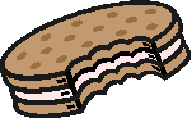 Some people self-medicate ADHD symptoms with food using sugar and high glycemic carbohydrates to temporarily create a temporary feeling of calmness or a decrease in anxiety.However, due to the effects of high-glycemic carbohydrates on blood sugar, these feelings are only temporary and soon result in a rebound reaction of increased restlessness and irritability when blood sugar levels decrease. In addition, this paradoxical reaction can cause an increased craving for sugar, contributing to the cyclic pattern of binge eating.
Some people self-medicate ADHD symptoms with food using sugar and high glycemic carbohydrates to temporarily create a temporary feeling of calmness or a decrease in anxiety.However, due to the effects of high-glycemic carbohydrates on blood sugar, these feelings are only temporary and soon result in a rebound reaction of increased restlessness and irritability when blood sugar levels decrease. In addition, this paradoxical reaction can cause an increased craving for sugar, contributing to the cyclic pattern of binge eating.
Researchers, Molly E. Waring and Kate L. Lapane from the Department of Community Health at Brown Medical School in Providence, RI, found that ADHD children not currently using medication were at 1.5 times the risk of being overweight than non-ADHD children. On the other hand, those taking medication for ADHD had 1.6 times more risk of being underweight compared to children without ADHD. Stimulant medication acts as an appetite suppressant and some children don’t eat while taking stimulants because they simply don’t feel hungry. In either case weight needs to be monitored.
Therefore, it is important to think about how you (or your child) manage eating patterns. One approach is to schedule eating by the clock to get a regular routine for eating. And have the right foods, in the right place, at the right time to decrease impulsive eating.
Follow these suggestions:
- Monitor weight. Monitor whether weight is within normal ranges for age, height, and build.
- Eat every 3 to 4 hours to stabilize blood sugar and prevent hypoglycemia (low blood sugar). This provides a steady supply of fuel to the brain.
- Schedule specific times to eat to decrease the potential for feeling overly hungry and thereby reduce the risk of binge eating. Make a habit that is easy to follow.
- Set specific amounts to eat. Pre-determining how much to eat and when to eat it can prevent the pattern of hoarding food until late in the day, a common trigger for binge eating.
- Improve the quality of nutritional intake. Eat adequate quantities of protein, carbohydrates and fat at every meal and snack to significantly affect appetite, cravings, binge eating, mood and attention.
For more information on ADHD/ADD and Eating disorders read Dr. Dukarm’s book Pieces of a Puzzle: The Link between Eating Disorders and ADD. It includes sections for individuals, as well as specific information for professionals who treat eating disorders or ADHD. Also, several peer-reviewed journals, including the Journal of Women’s Health and the Journal of Abnormal Psychology have published articles on the overlap of these disorders.
I would love to hear your personal experiences with this topic.

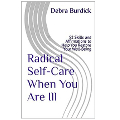

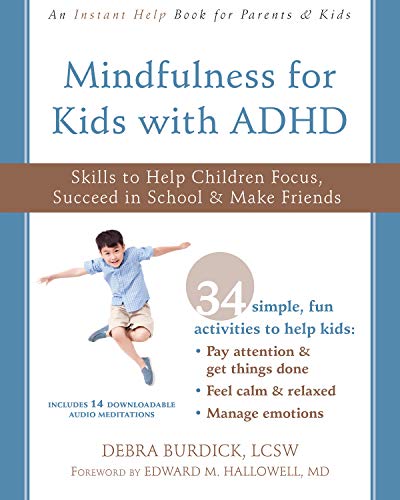
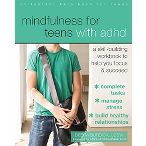
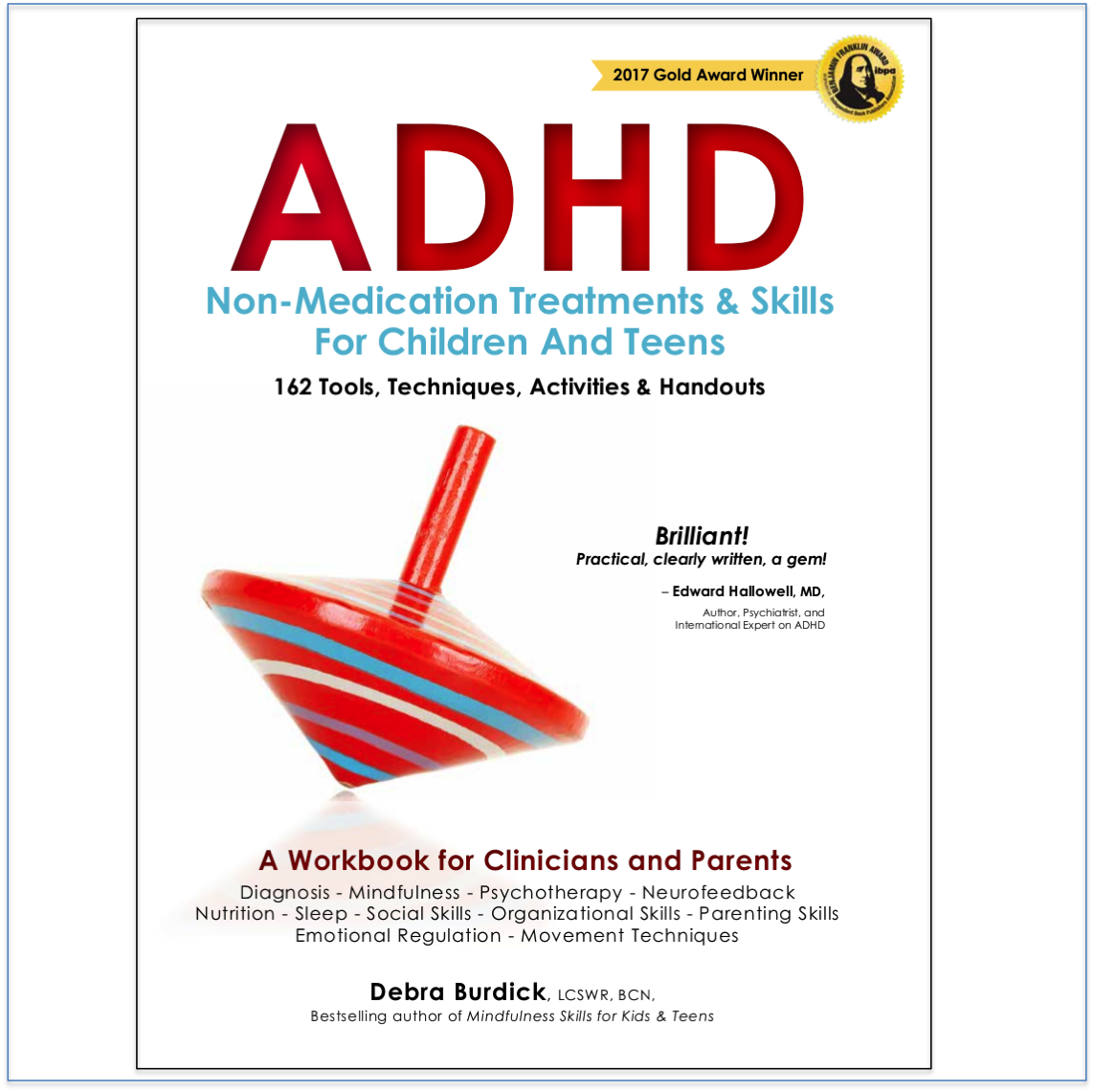



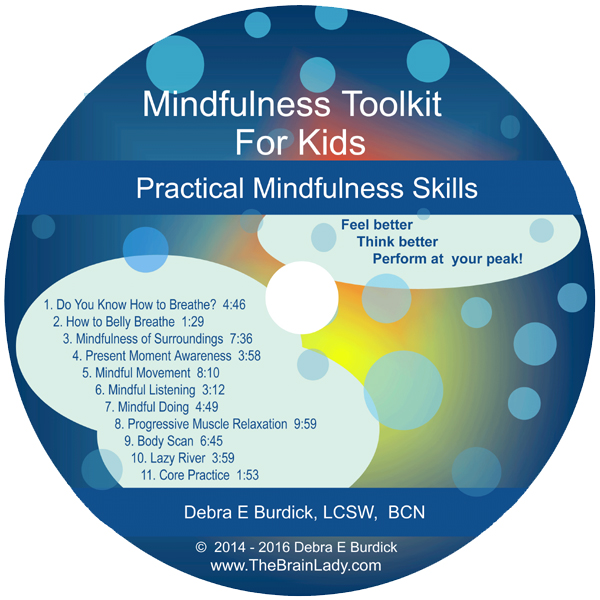
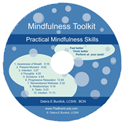
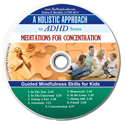


2 comments
I looked up your site (took several Google searches) because I realized today I am totally self-medicating my ADHD with sugar binges. I just ate about 8-10 pieces of candy as fast as I could (with the intention, of course, of stopping at 1 or 2), and now I feel less anxious and more able to focus. Of course I will get shaky, hungry, and foggy in a little while. 🙁 That totally explains why I ate my way through college and grad school. I could not work on long papers without constantly eating carbs. I am an ADHD counselor, and am always on the lookout for more info about the topic. I wanted to know I wasn’t crazy in my experience with this. All the resources just tell you to avoid sugar. Of course we should avoid sugar. But I can’t kick the habit under pressure. Why was it so hard to find information on this? My doc is aware of it, but somehow it was an epiphany to me today.
I am glad you had an epiphany about your use of sugar. Unfortunately sugar is not the best option for self-medicating although in the moment it seems to work. I hope you found the information in my article helpful. Let me know how you do.
Warmly,
Deb
The comments are closed.